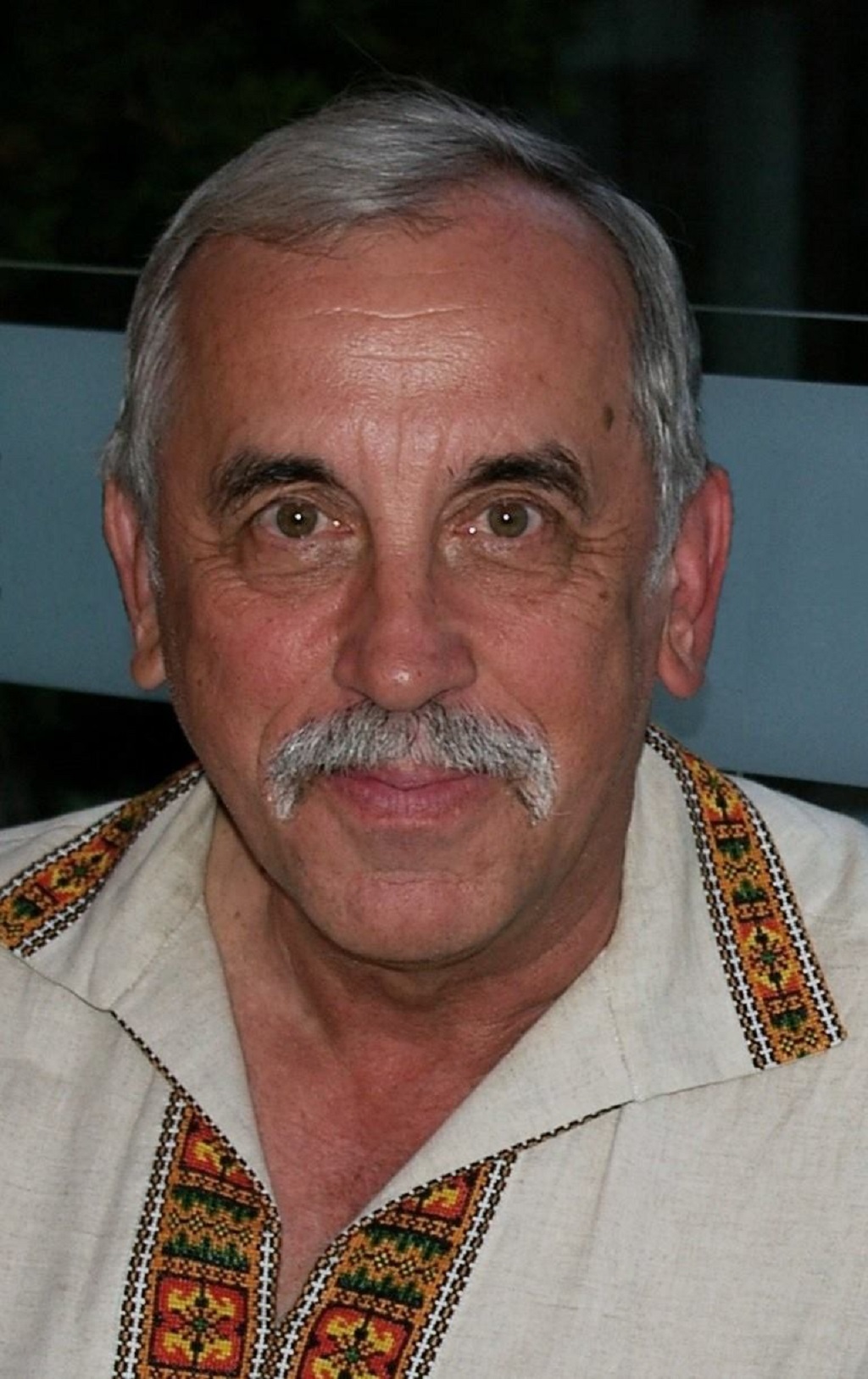Volodymyr Kish.
It is the year 2021 and it hasn’t been particularly kind to Ukraine. The country is still being ravaged by the Covid virus, Ukrainians are still fighting an undeclared war with Russia, and the government under President Zelensky is still struggling to overcome the pernicious control of the oligarchs as well as trying to reform a scandalously corrupt judicial system. Ukraine has definitely seen better years, and as an avid reader of history, I often seek solace in the dim yet glorious mists of the past.
One such golden era was also a year 21, namely 1021 AD. Ukraine was then under the rule of Yaroslav the Wise, one of the wisest and most capable rulers the country ever had. This was when Kyiv-Rus was reaching the peak of its power and influence.
Yaroslav’s father, Volodymyr the Great, had consolidated all the Slavic fiefdoms and controlled a huge area in Eastern Europe that dwarfed most of the existing Western European countries. He had made Christianity the state religion and married the daughter of the Byzantine Emperor. Yaroslav eventually inherited the throne, though not without some difficulty. It had initially passed down to his older brother Sviatopolk, who it is speculated proceeded to murder three of his other brothers, though who was actually responsible for their deaths remains debatable to this day.
Yaroslav, who was of recent prominent Viking ancestry (better known in the Norse sagas as Jerisleif the Lame owing to an old arrow wound), secured the mercenary support of some of his Viking brethren and managed to defeat Sviatopolk and take control of Kyiv in 1019. He married Ingegerd Olofsdotter, the daughter of the King of Sweden, and had ten children. Three of his daughters married the kings of Norway, Hungary and France. Yaroslav was a fairly learned and cultured ruler for his time, and left behind a largely positive legacy, including the first Slavic legal code known as the ‘Rus’ska Pravda’.
One hundred years later, in 1121, the Kyivan Rus empire was still in its heyday, this time under an equally capable ruler by the name of Volodymyr Monomakh, who ruled between 1113 and 1125. He was an exceptionally capable and successful military leader, and although engaged in almost constant warfare with hostile enemies on all sides, he still managed to find time to enact many progressive social reforms which endeared him to his subjects. His rule is often referred to as the “golden age” of Kyiv-Rus, and he is considered a saint by the Orthodox Church. Regrettably, within a decade of his death, the Kyiv-Rus empire began to disintegrate, with the final touches being delivered by the Mongol invasions the following century.
The next several centuries can be considered dark ages in Ukrainian history. A western remnant of the empire continued to exist in the Halych and Volyn regions for almost two centuries before those areas were absorbed by the Poles and Lithuanians. It was not until the arrival of Bohdan Khmelnytsky on the scene in the 1600’s that Ukraine’s fortunes revived briefly.
In 1621, however, Bohdan Khmelnytsky was only 26 years old, and had found himself in dire straits. Like his father, he had joined the Kozak forces who were fighting constant invasions by the Ottoman empire. In 1620, in a battle with the Turks where his father was killed, Bohdan was captured and taken into captivity in Constantinople. After two years, he was ransomed and returned to Ukraine where in the following decades starting in 1648, he led a successful and glorious revolt against the Polish regime that had occupied and enserfed most of the Ukrainian territories. He was responsible for the creation of the Hetman State which existed and controlled a large chunk of what is now Central Ukraine for more than a century, before it was finally crushed by the Russians under the Empress Catharine in 1764.
It was to be almost two centuries before Ukraine would enjoy another round of freedom, albeit way too brief. After the Bolshevik Revolution in 1918 a new Ukrainian People’s Republic was declared under the leadership of Simon Petliura. It was to last barely three years before being dismembered by the Poles and the Russians in 1921. The 21st year of the twentieth century was not a good one for Ukrainians.
In retrospect, although 2021 may not appear to be an auspicious year for Ukrainians, when one looks at the other 21’s in Ukrainian history, it is actually not all that bad. Ukraine has been independent (mostly) for some thirty years, the Russians are being held at bay, the Ukrainian language is enjoying a revival, and reforms are actually taking place, though likely not as quickly as most people might have wished. History is a long-term thing, and I am sure Ukraine still has a lot of history to make, and as the last thousand years have shown, we do not give up easily.
Share on Social Media




































